Bola Ahmed Tinubu’s recent overtures to France, a nation increasingly sidelined by key West African states such as Mali, Burkina Faso, Niger, and Chad, have ignited sharp debates among Nigerians.
These nations have decisively distanced themselves from France, accusing the former colonial power of economic exploitation and neo-colonial interference.
France’s dominance in Africa has faced severe blows in recent years. Niger, under military leader General Abdourahmane Tchiani, reportedly raised the price of uranium sold to France from €0.80 to €200 per kilogram, signaling its rejection of exploitative practices.
READ ALSO: ‘Nigeria Would Be Better Today If Peter Obi Had Won,’ Says Sen. Enyinnaya Abaribe
Burkina Faso and Mali expelled French troops, signaling sovereignty concerns, while Chad recently terminated its cooperation with France, ending a military presence that had lasted for decades.
Protesters in these nations have decried France as a symbol of neo-colonial control.
Meanwhile, alternative alliances with nations like Russia and China are gaining traction, offering partnerships that appear less tainted by colonial histories.
In the context of his visit, Tinubu’s outreach to France is seen by many as tone-deaf. It is believed that Nigeria, the largest economy and most populous nation in Africa, has traditionally been a stabilizing force in West Africa. However, Tinubu’s overtures could alienate Nigeria from neighbors that have embraced sovereignty and self-determination.
Some speculate personal motivations may be at play, with access to French political and financial networks benefiting Tinubu more than Nigeria. It is necessary to suggest that he is attempting to position Nigeria as a pro-Western counterpoint to its defiant neighbors. Yet this strategy risks further isolating his administration from Nigerians, many of whom share the anti-French sentiments prevalent across the region.
By aligning with France, Tinubu risks undermining Nigeria’s leadership role in West Africa. ECOWAS, already fractured, could face deeper divisions as Tinubu’s stance diverges from the region’s anti-colonial consensus. At a time when West Africa is redefining its geopolitical future, Tinubu’s moves could leave Nigeria sidelined.
What’s Next for Nigeria?
If Tinubu seeks to maintain Nigeria’s influence, he must reassess his approach. Aligning with France, a nation viewed with suspicion and hostility in the region, could jeopardize Nigeria’s strategic interests.
Instead, partnerships that align with the aspirations of Nigerians and the broader West African movement toward sovereignty are essential.
He must rise to the occasion, prioritizing national interests over personal or short-term gains. In a rapidly changing region, clinging to outdated alliances is not only impractical but potentially harmful to Nigeria’s future.
The question remains: Will Tinubu pivot toward a more visionary foreign policy, or will he persist in a path that risks alienating Nigeria from its neighbors and citizens alike?
Follow the Parallel Facts channel on WhatsApp: https://whatsapp.com/channel/0029VaCQSAoHgZWiDjR3Kn2E



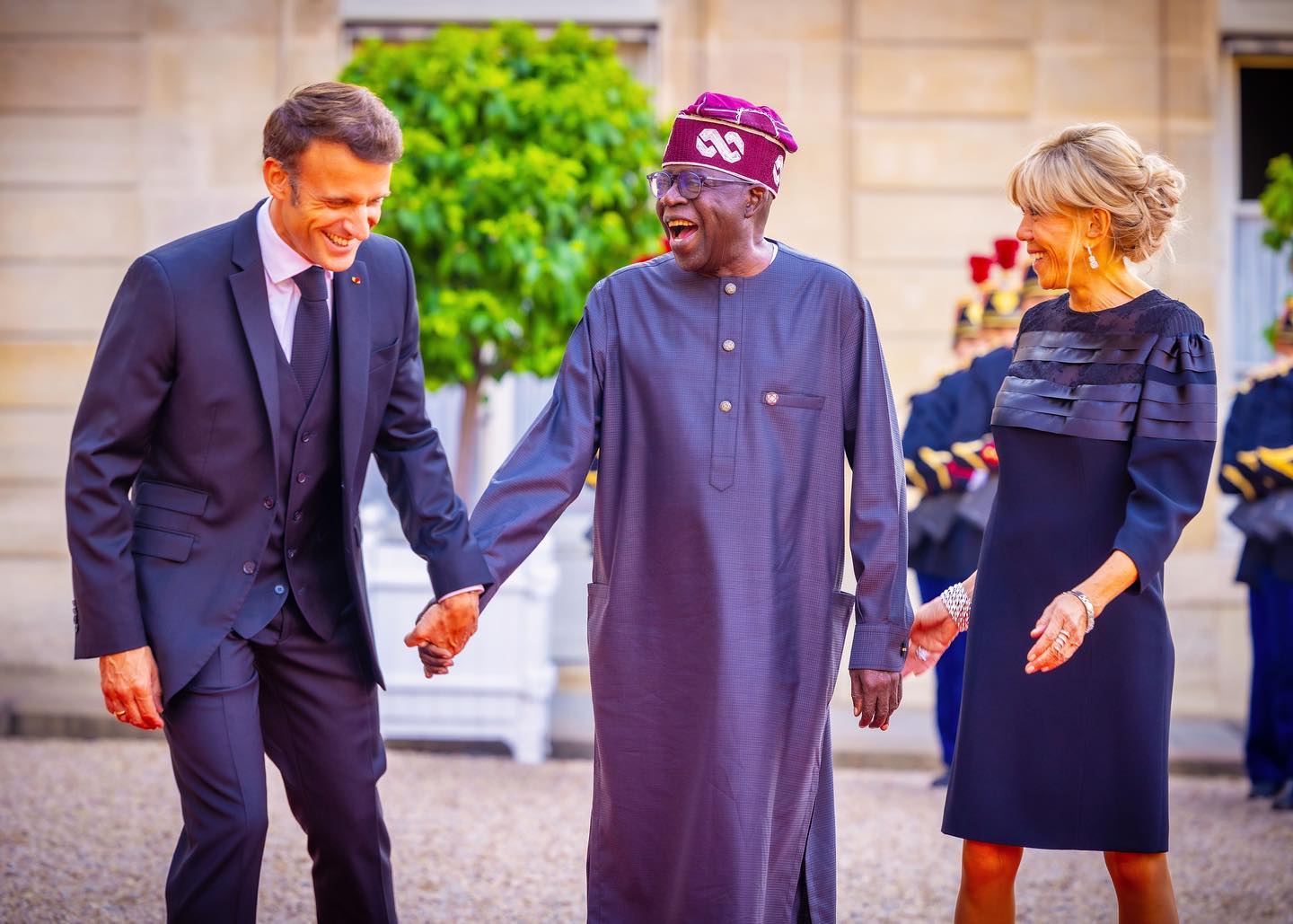
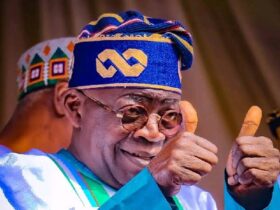
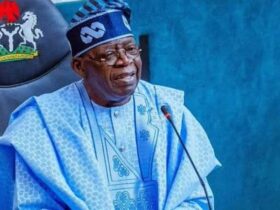
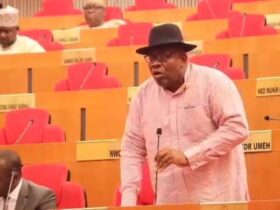
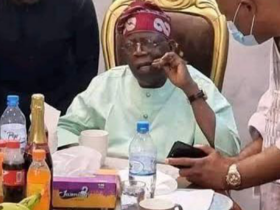

Leave a Reply